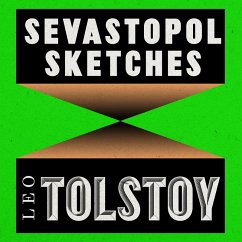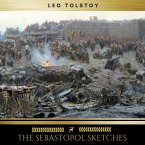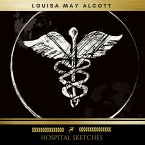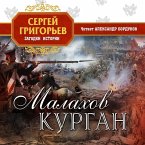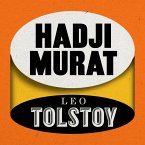In the winter of 1854 Tolstoy, then an officer in the Russian army, arranged to be transferred to the besieged town of Sebastopol. Wishing to see at first hand the action of what would become known as the Crimean War, he was spurred on by a fierce patriotism, but also by an equally fierce desire to alert the authorities to appalling conditions in the army. The three Sebastopol Sketches - 'December', 'May' and 'August' - re-create what happened during different phases of the siege and its effect on the ordinary men around him. Writing with the truth as his utmost aim, he brought home to Russia's entire literate public the atrocities of war. In doing so, he realized his own vocation as a writer and established his literary reputation.
Bitte wählen Sie Ihr Anliegen aus.
Rechnungen
Retourenschein anfordern
Bestellstatus
Storno

